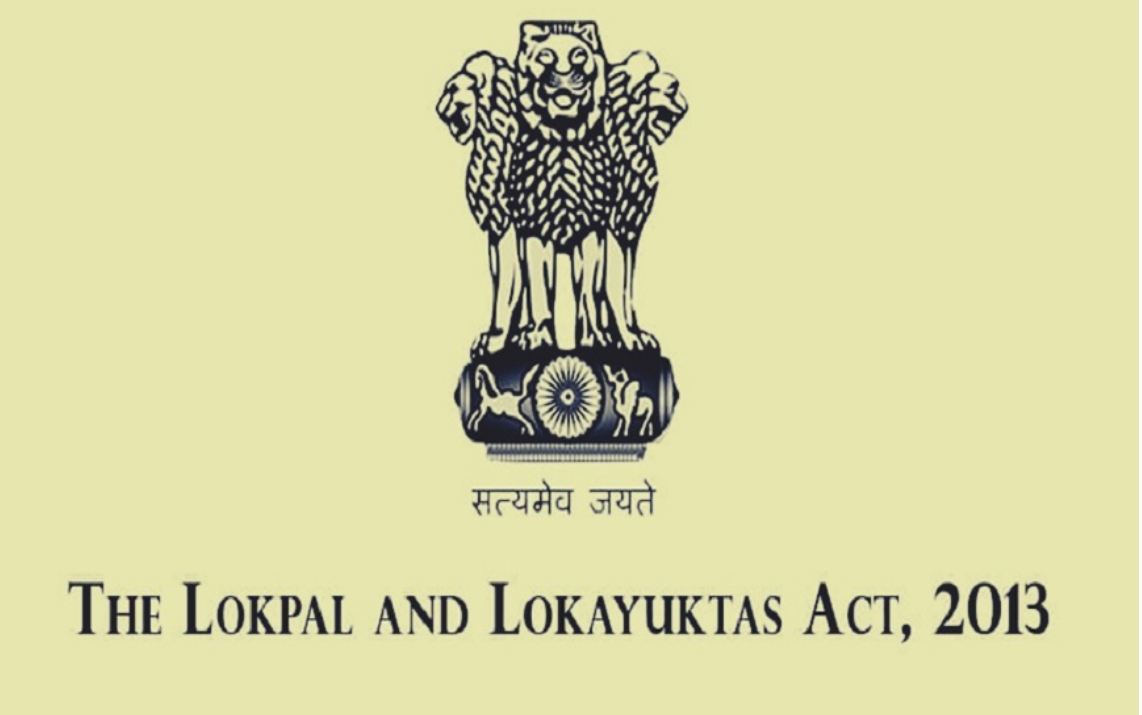The powers and functions of the Lokpal and the Lokayukta

Introduction:Corruption is a major obstacle in the path of good governance. To combat this, the Parliament enacted the Lokpal and Lokayuktas Act, 2013, which provides for the establishment of a central anti-corruption body called the Lokpal at the national level and Lokayuktas at the state level. The aim is to inquire into allegations of corruption against public functionaries and bring […]








